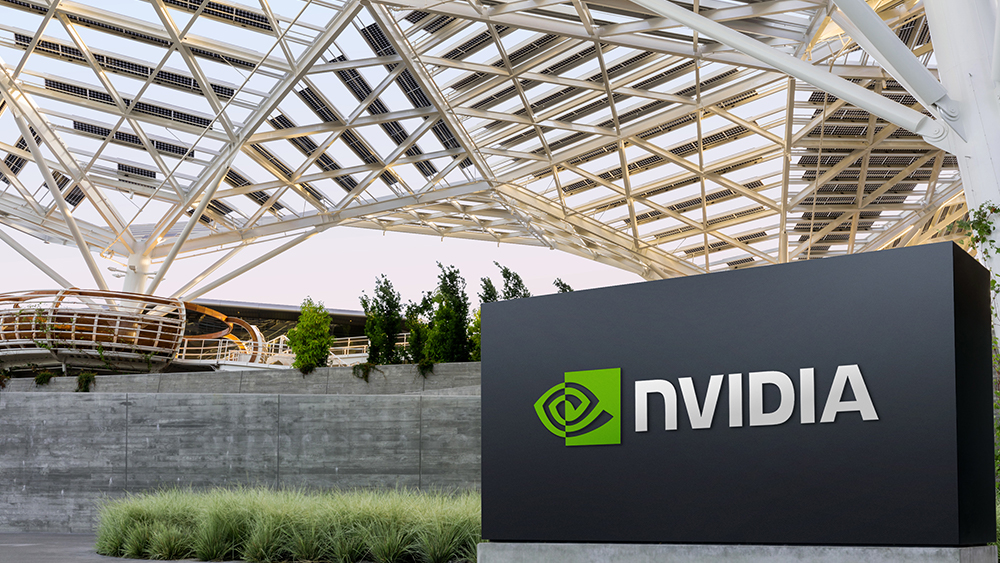Nvidia loses billions as Google’s AI chips spark market fears and bubble concerns
- Nvidia lost $300 billion in value during a dramatic stock plunge.
- The sell-off was triggered by Google’s emergence as a serious AI chip competitor.
- Google’s new Gemini AI model, powered by its own chips, challenges Nvidia’s dominance.
- Nvidia issued a rare public defense of its technology on social media.
- The event intensified fears of an AI market bubble and widespread volatility.
The artificial intelligence gold rush hit a significant speed bump this week as a tremor shook the foundation of the tech world. Nvidia, the undisputed king of AI chips, saw a staggering $300 billion wiped from its value at its lowest point in intraday trading yesterday, with its stock plummeting as much as 7 percent before recovering slightly. This dramatic sell-off was triggered by a growing belief on Wall Street that Google’s parent company, Alphabet, is finally emerging as a formidable competitor in the race to power the AI boom. For months, skeptics have whispered about an AI bubble, and this volatility has given those fears a powerful new voice.
The catalyst was a report that Alphabet is actively signing up clients for its own AI-specialized chips, known as Tensor Processing Units or TPUs. The news sent shockwaves through the market, causing stocks of Nvidia-linked firms like Oracle and Super Micro Computer to slide in unison. In a telling contrast, Alphabet’s stock briefly rose to a record high, a clear signal that investors believe it could capture significant market share from the chip giant.
Google’s sudden AI comeback
The excitement surrounding Alphabet’s capabilities was supercharged by the recent release of its Gemini 3 chatbot. This new model, which is powered by Google’s own TPUs, is considered by some analysts to be superior to OpenAI’s ChatGPT, which relies on Nvidia hardware. This achievement demonstrated that a leading AI model could be built without total dependence on Nvidia’s graphics cards. A strategist at Nomura, Charlie McElligott, told the Financial Times that Gemini 3 had effectively “reset” the AI market.
This shift highlights a critical divide in the AI landscape. For years, Nvidia’s general-purpose GPUs have been the universal engine for AI development. Google’s TPUs, however, are custom-built ASICs, chips designed for a specific, narrow set of tasks. This competition between versatile hardware and specialized, efficient alternatives is now coming to a head, challenging Nvidia’s long-held dominance.
Nvidia’s defensive posture
In a rare and defensive move, Nvidia took to the social media platform X to address the concerns directly. “We’re delighted by Google’s success—they’ve made great advances in AI and we continue to supply to Google,” the company stated. It quickly pivoted to its core message, asserting, “NVIDIA is a generation ahead of the industry—it’s the only platform that runs every AI model and does it everywhere computing is done.” The post emphasized that its chips offer “greater performance, versatility, and fungibility than ASICs.”
This public rebuttal underscores how seriously Nvidia is taking the threat. The report that specifically spooked investors claimed that Meta, one of Nvidia’s most important customers, is considering using Google’s TPUs in its own data centers by 2027. If a tech giant of Meta’s stature, which projects capital expenditures of up to $72 billion this year, begins to diversify its chip suppliers, it would mark a seismic shift in the industry and validate Google’s technology.
The ripple effects of this rivalry extend far beyond two corporate behemoths. This volatility has intensified the debate over a potential AI market bubble. Financial institutions, including the Bank of England, have previously warned that the soaring value of AI companies could trigger a widespread market plunge if the bubble bursts. The events of this week show that even a perceived challenge to the industry leader is enough to cause billions in value to evaporate, confirming that these fears are far from theoretical.
This market drama serves as a reminder of the breakneck pace of technological change. It proves that no company, no matter how dominant, is immune to disruption. For those who have witnessed the cycles of tech hype, from the dot-com boom to the crypto craze, the pattern is familiar. The real test will be which technology truly delivers lasting, society-transforming value beyond the Wall Street frenzy. The future of AI is being written not just in code, but in the fierce competition between chips that will power the next decade.
Sources for this article include:
DailyMail.co.uk
CNBC.com
Fortune.com
CNBC.com
Read full article here


